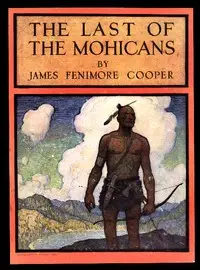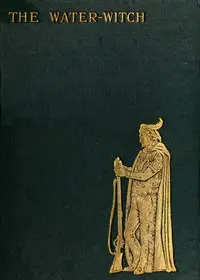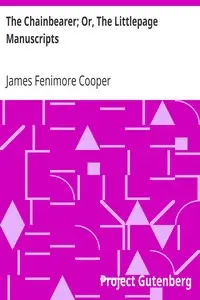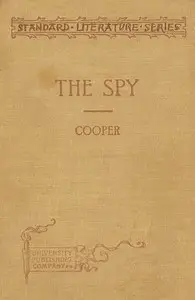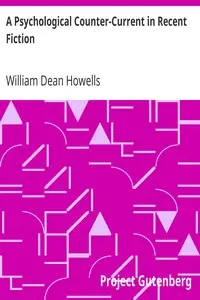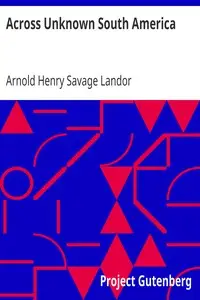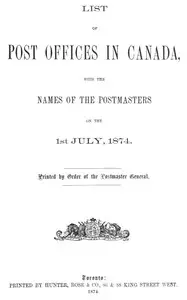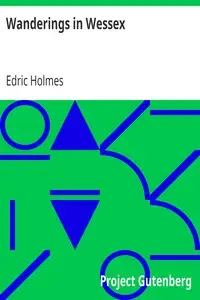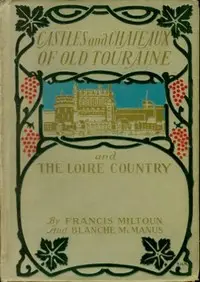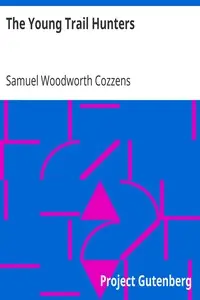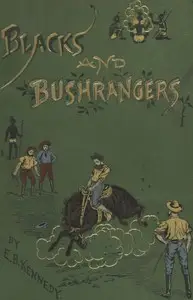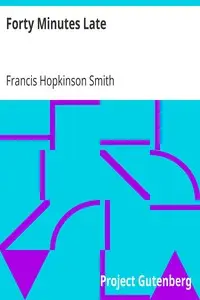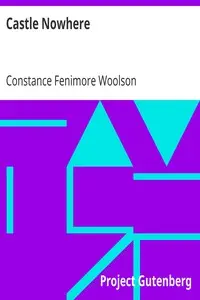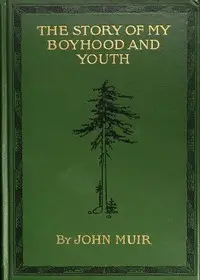"The Lake Gun" by James Fenimore Cooper is a short story written in the mid-19th century, specifically around the time of the American political landscape shift in the 1850s. The narrative combines elements of folklore and political satire to explore themes of demagoguery and the impact of unscrupulous politicians on society. Set against the backdrop of Seneca Lake in New York, the story intertwines local legends and the character of the "Wandering Jew" with a critique of American political figures, particularly focusing on the then Whig Senator, William Henry Seward. In the story, a traveler named Fuller seeks to unravel the mysteries surrounding the legendary "Wandering Jew" and the explosive sound known as the "Lake Gun." He enlists the help of an old local mariner named Peter and a young Seneca Indian who shares the lore of his people. As they journey around the lake, the young Indian recounts the tale of a demagogue named See-wise, whose pride and disobedience led to his punishment of floating on the lake for eternity. The narrative serves as a poignant allegory about the consequences of political ambition and false promises, illustrating how those who mislead the public ultimately answer to a higher moral authority. Through the story’s conclusion, Cooper emphasizes the importance of adhering to wisdom and tradition over populism and sensationalism. (This is an automatically generated summary.)
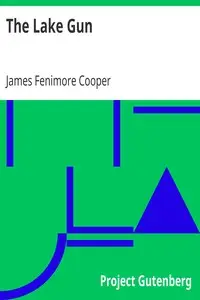
The Lake Gun
By James Fenimore Cooper
"The Lake Gun" by James Fenimore Cooper is a short story written in the mid-19th century, specifically around the time of the American political lands...
James Fenimore Cooper was an American writer of the first half of the 19th century, whose historical romances depicting colonial and indigenous characters from the 17th to the 19th centuries brought him fame and fortune. He lived much of his boyhood and his last fifteen years in Cooperstown, New York, which was founded by his father William Cooper on property that he owned. Cooper became a member of the Episcopal Church shortly before his death and contributed generously to it. He attended Yale University for three years, where he was a member of the Linonian Society.


